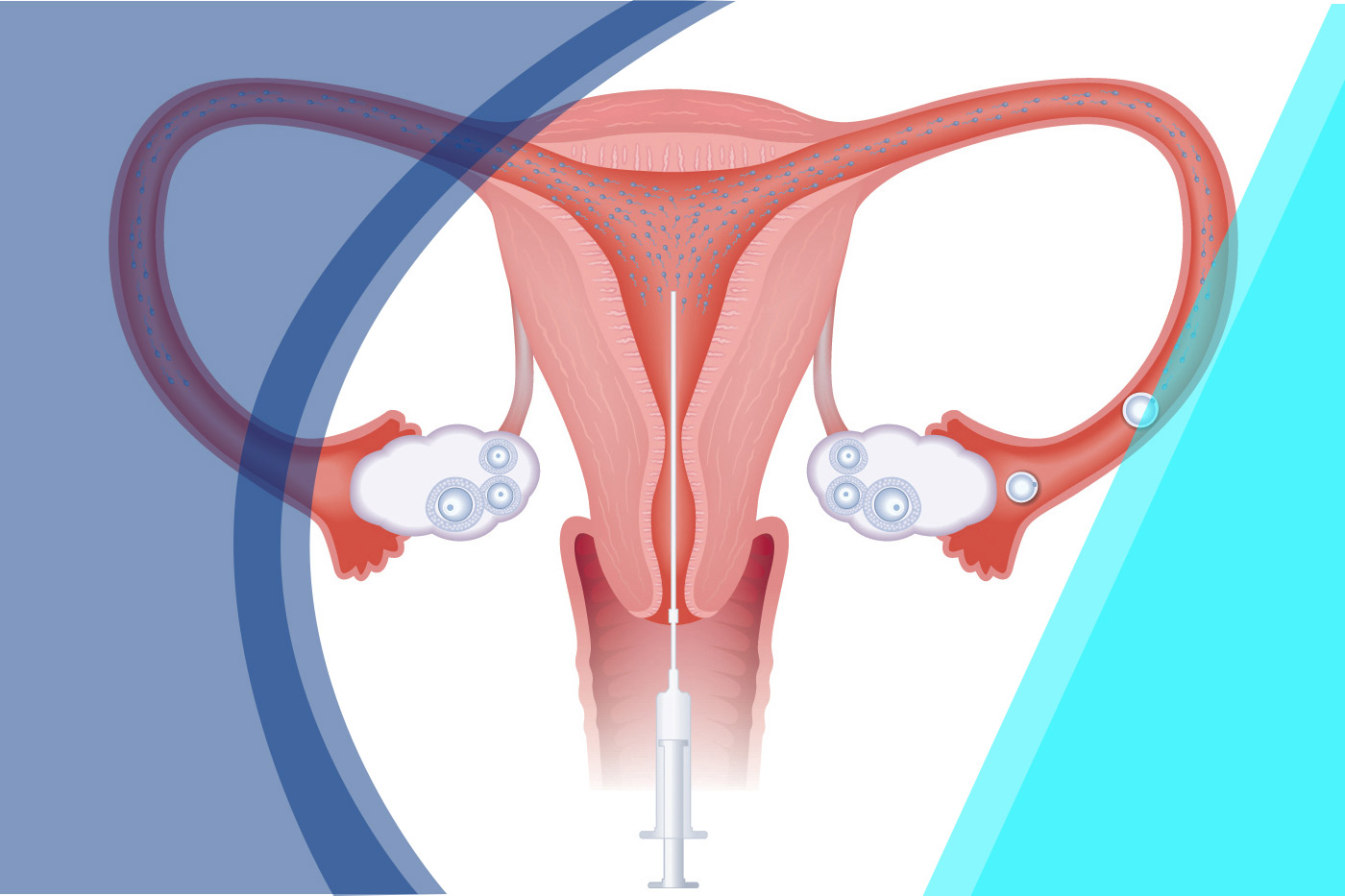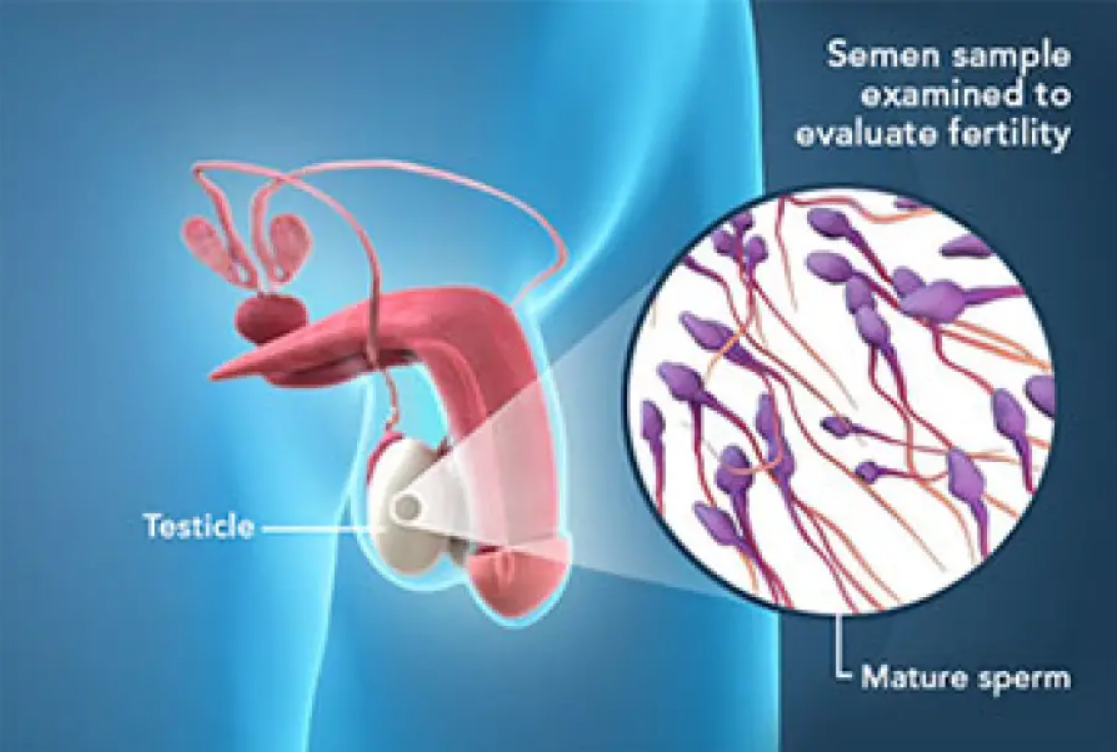
Ovulation induction is a medical intervention used to stimulate the development and release of eggs (ovulation) in women who are experiencing ovulation difficulties or have certain reproductive conditions. It is commonly used as part of fertility treatments to increase the chances of achieving pregnancy.

Semen analysis, also known as a sperm analysis or program, is a laboratory test performed to evaluate the quality and quantity of sperm in a man's semen. It is a fundamental test in assessing male fertility and can provide valuable information about a man's reproductive health.

IVF, or in vitro fertilization, is an assisted reproductive technology (ART) procedure that involves fertilizing eggs with sperm outside the body in a laboratory setting. It is a widely used fertility treatment for couples facing various infertility challenges.

IUI, or intrauterine insemination, is a fertility treatment procedure that involves placing prepared sperm directly into the woman's uterus during the optimal time of ovulation. It is a relatively less invasive and less complex fertility treatment compared to in vitro fertilization (IVF).

ICSI, or intracytoplasmic sperm injection, is an advanced technique used in assisted reproductive technology (ART) to treat male infertility. It is often performed as part of in vitro fertilization (IVF) when there are significant male factor fertility issues that may hinder fertilization.

Donor sperm is used in assisted reproductive technologies (ART) to help individuals or couples achieve pregnancy when the male partner has severe male factor infertility or when there are other specific reasons to use donor sperm. Donor sperm is typically obtained from anonymous or known donors who have undergone thorough medical and genetic screening.